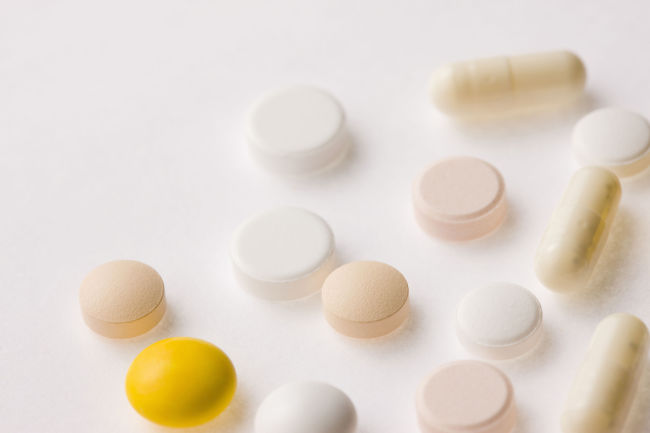Nearly 50 Koreans have died in the last three years after participating in paid clinical trials and suffering from adverse effects, while an increasing number of financially struggling young Koreans turn to such trials to make easy money, a report by a local nongovernment agency showed.
According to the report by the People’s Solidarity for Participatory Democracy, which used data released by Rep. Kim Sung-ju of the New Politics Alliance for Democracy, 476 Koreans who participated in such trials experienced adverse effects. Among them, 376 had to be hospitalized for treatment. Seven of them fell in critical condition but survived, while 49 died from the side effects.
The report came out about three months after South Korea’s Health Ministry announced its plan in August to boost its clinical trials industry, to attract multinational clinical research organizations, as well as pharmaceutical and medical device companies to initiate their trials and partnerships here.
According to the report by the People’s Solidarity for Participatory Democracy, which used data released by Rep. Kim Sung-ju of the New Politics Alliance for Democracy, 476 Koreans who participated in such trials experienced adverse effects. Among them, 376 had to be hospitalized for treatment. Seven of them fell in critical condition but survived, while 49 died from the side effects.
The report came out about three months after South Korea’s Health Ministry announced its plan in August to boost its clinical trials industry, to attract multinational clinical research organizations, as well as pharmaceutical and medical device companies to initiate their trials and partnerships here.

As of last year, South Korea ranked seventh in the world in the number of clinical trials conducted, making up 3.12 percent of all trials worldwide. The government aims to rank No. 5 by 2020. Back in 2007, the country ranked 19th in the world.
By city, Seoul ranked first in the world in 2013, followed by New York and Houston. A total of 1.04 percent of all clinical trials in the world were conducted in Seoul that year. The city is a popular destination for multinational pharmaceutical companies, such as GSK, for its research infrastructure and government support for clinical trials.
Last year, the Korean government approved a total of 652 clinical trials, 607 in 2013, 670 in 2012 and 503 in 2011.
Chae Jin-byung, a 24-year-old university student, participated in his first paid clinical trial back in 2012. He had to stay as an inpatient at a hospital, taking drugs for high blood pressure three times a day for two days. For that, he was paid about 400,000 won ($341).
“I was busy with extra-curricular activities and my schoolwork,” he told The Korea Herald. “There was an emergency and I needed cash immediately. Taking part in clinical trials seemed like a great option. I’d earn about 50,000 won a day by doing other part-time jobs, such as handing out flyers.”
Since then, Chae has participated in such trials two more times. One was for drugs for benign prostatic hyperplasia, and the other for steroids. Although he did not experience any adverse effects during and after his hospital stays, he doesn’t remember being informed about potential risks of the trials, either. “I was simply told that since these drug aren’t ‘completely’ new, nothing is going to go wrong,” he said.
Dr. Jeong Hyung-joon, the director of the Association of Physicians for Humanism, claimed that the government plans to deregulate the industry by sharing the personal information of participants in paid trials with pharmaceutical companies.
“This is inhumane,” he said through PSPD. “Many of those who participate in such trials are those with low income. Many do it without adequate information.”
According to PSPD’s research, which surveyed 1,187 young Koreans in their 20s, 16.3 percent of them have engaged in dangerous part-time jobs, such as multi-level marketing, voice phishing and clinical trials. Among them, 35.8 percent they did it because they needed money urgently, while 26.4 percent said it was an easier and faster way to make money. Meanwhile, 18.1 percent said they did it to pay off their university tuition as soon as possible.
“The government should do more to inform the public about possible adverse effects instead of promoting them as if nothing can ever go wrong,” said Jeong.
University student Chae said he had been encouraging his friends to participate in trials to make easy money. “But after listening to what PSPD found, I don’t think I’ll ever do it again,” he said.
By Claire Lee (dyc@heraldcorp.com)


















![[Today’s K-pop] Treasure to publish magazine for debut anniversary](http://res.heraldm.com/phpwas/restmb_idxmake.php?idx=642&simg=/content/image/2024/07/26/20240726050551_0.jpg&u=)